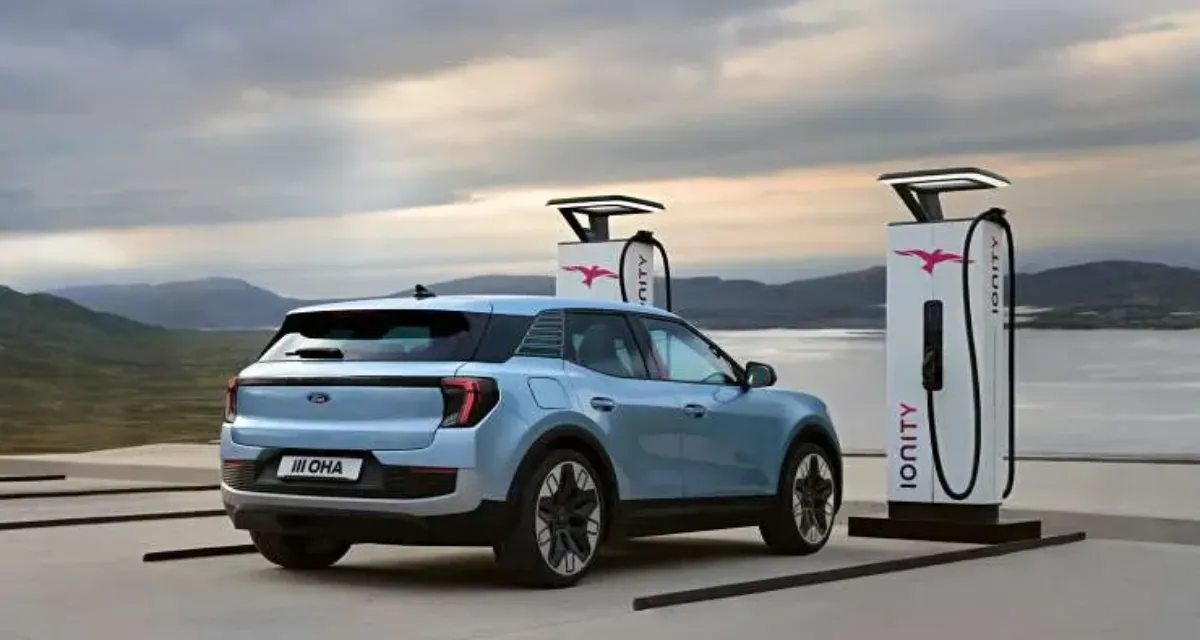

Ford Motor Company has made a major announcement, signaling a shift in its automotive strategy. While electric vehicles (EVs) have been the center of attention, Ford has decided to scale back its investments in EVs and focus more on hybrid technology. This pivot comes at a crucial time as the automotive industry debates the future of EVs versus hybrids. Ford’s decision reflects growing concerns among automakers about the costs and challenges associated with electric mobility.
The decision to shift towards hybrids is driven by the mounting difficulties Ford has faced in its EV operations. Supply chain issues, high costs, and uncertain consumer demand have been key factors influencing this strategic shift. In recent quarters, Ford has struggled to achieve profitability in its EV segment, prompting the company to re-evaluate its approach.
Hybrids offer a balanced solution, providing the benefits of electric driving without the infrastructure limitations and range anxiety associated with pure EVs. They also tend to be more affordable than electric vehicles, making them an attractive option for both consumers and manufacturers.
Ford's shift is not an isolated case. Other major automakers, including Mercedes-Benz and Cadillac, have also recalibrated their EV strategies. The global automotive industry is increasingly divided into two camps: those betting heavily on an all-electric future, and those taking a more cautious approach by focusing on hybrids or internal combustion engines (ICE).
Tesla, Rivian, and Lucid Motors are at the forefront of the EV movement, while governments in Europe and China continue to impose stricter emissions regulations and offer incentives to promote EV adoption. However, brands like Toyota, Mercedes-Benz, and now Ford, are advocating for hybrids as a pragmatic solution. They argue that hybrid technology can bridge the gap between traditional gasoline-powered vehicles and fully electric cars.
Mercedes-Benz has recently slowed down its EV rollout, citing concerns over battery technology, charging infrastructure, and consumer readiness. The brand has announced that it will prioritize hybrid technology in the coming years. Similarly, Toyota has long been a champion of hybrid and hydrogen fuel cell technologies, seeing them as better-suited for various global markets.
The divide between EVs and hybrids is also apparent in India. Companies like Tata Motors and Mahindra & Mahindra have invested heavily in electric mobility, responding to government initiatives like the Faster Adoption and Manufacturing of Hybrid and Electric Vehicles (FAME) scheme. Meanwhile, Maruti Suzuki, the market leader, has chosen to focus on hybrids, believing they are better suited to India’s infrastructure and consumer preferences.
Maruti Suzuki and its alliance partner, Toyota, have emphasized the role of strong hybrids in delivering the benefits of electrification without the challenges of inadequate charging infrastructure. Mahindra has also indicated its flexibility to pivot towards hybrids if the demand for fully electric vehicles falls short.
Recent sales data indicates that hybrids are outperforming EVs in many markets, as consumers gravitate towards a transitional technology that offers the advantages of both electric and combustion engines. Declining EV sales have been attributed to high costs, limited charging infrastructure, and concerns about battery performance. This trend highlights that the road to full electrification may be more complicated than initially anticipated.
Ford’s decision to scale back on EVs and focus on hybrids reflects the complexities of transitioning to electric mobility. While the push for EVs continues, the automotive industry is seeing a growing divide, with hybrids emerging as a practical alternative for many manufacturers and consumers. As the debate over the future of transportation continues, it is clear that hybrids will play a key role in the next phase of the automotive revolution.
Also Read: